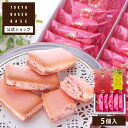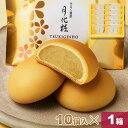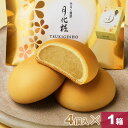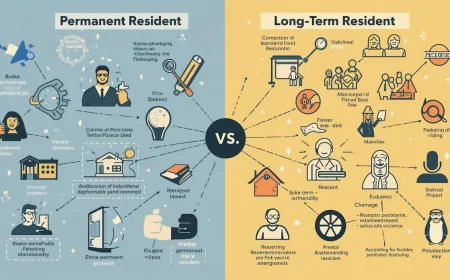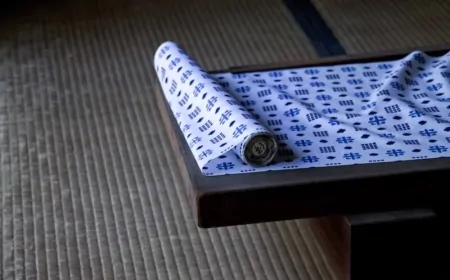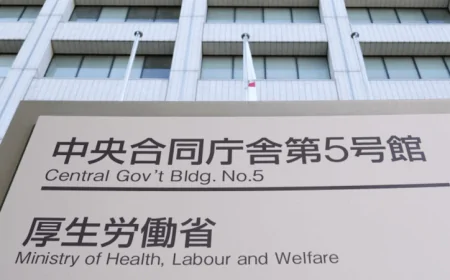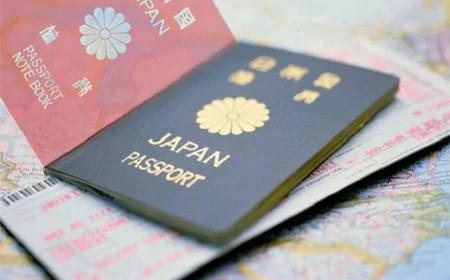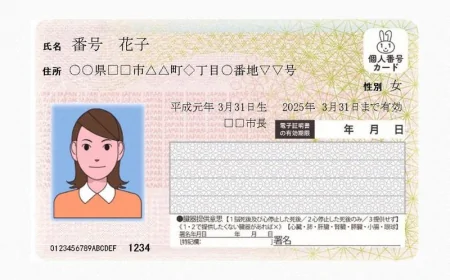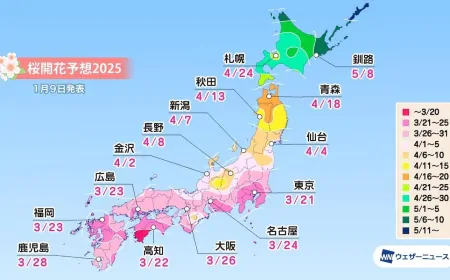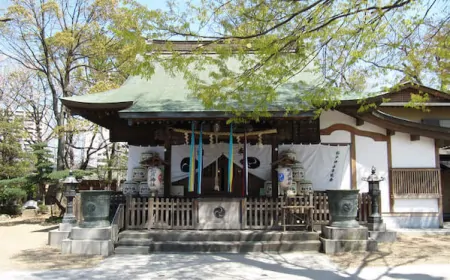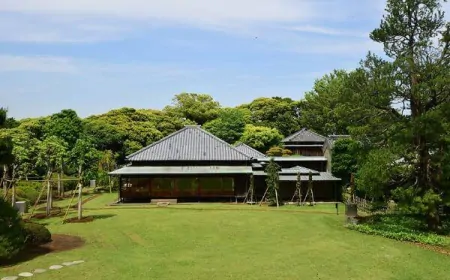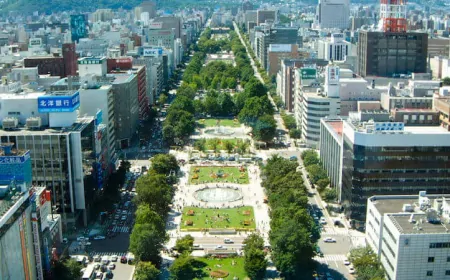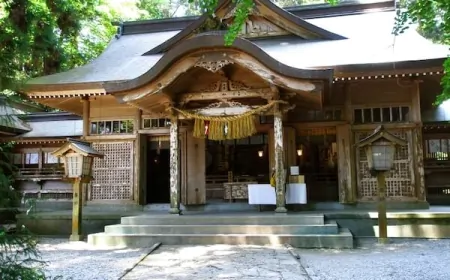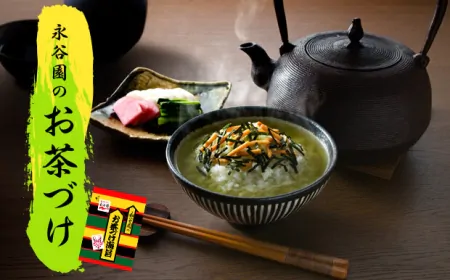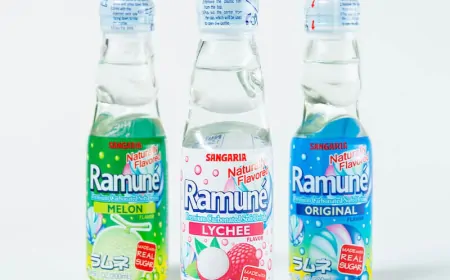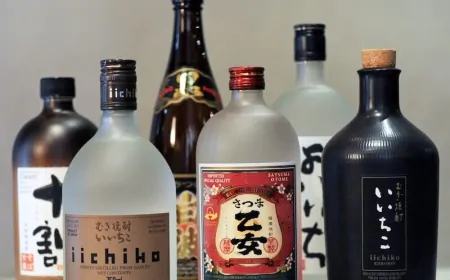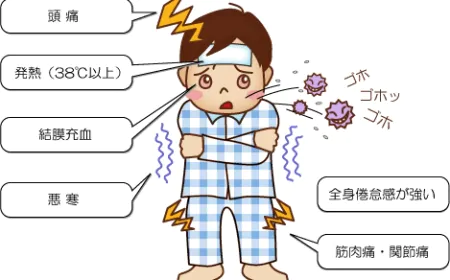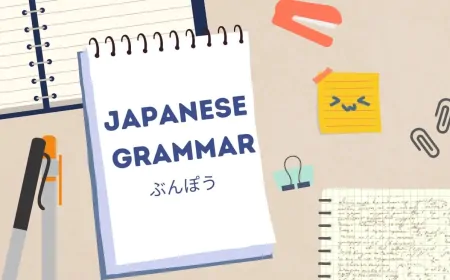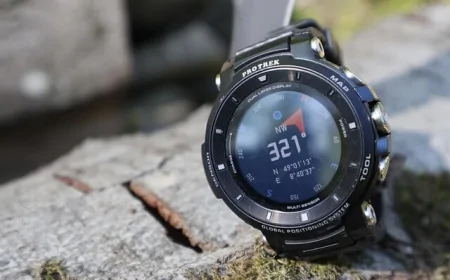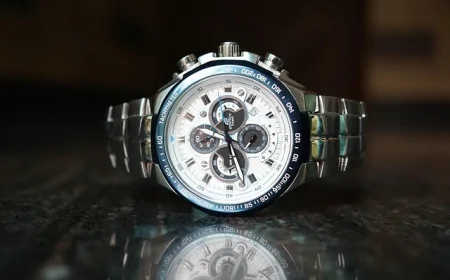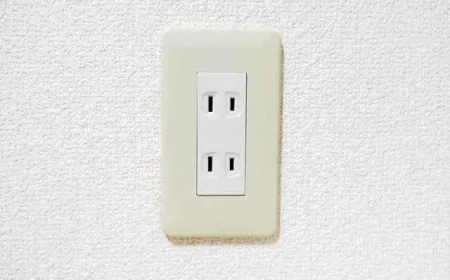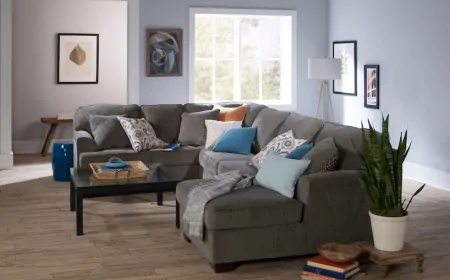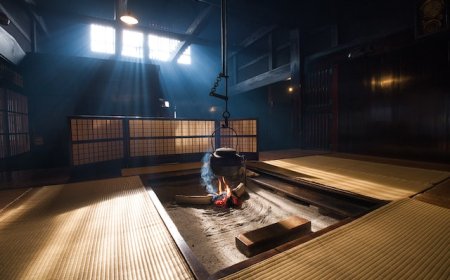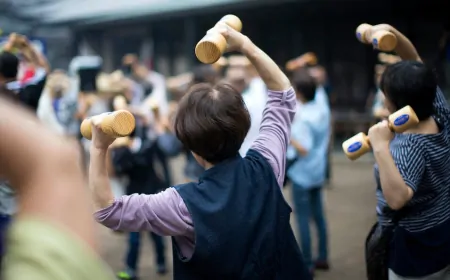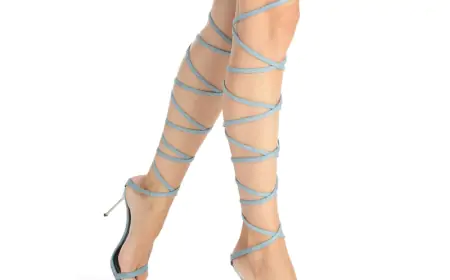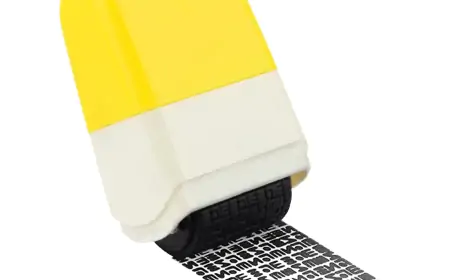New, Used, or Rented: Making the Right Choice for Foreigners Living in Japan
Here’s a comprehensive guide to help you navigate these choices, ensuring you make the best decisions for your situation.
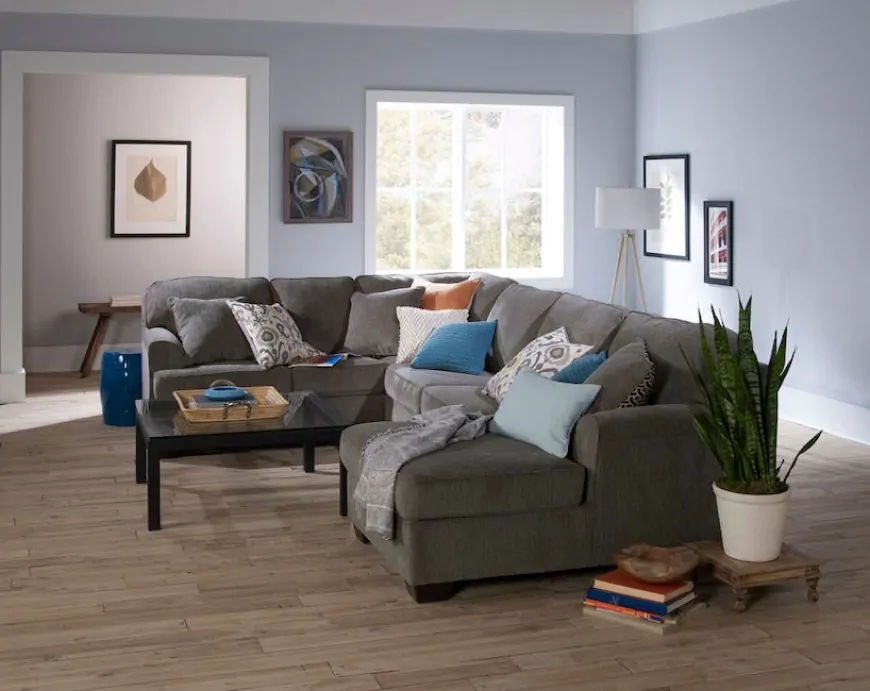
As a foreigner living in Japan, choosing between new, used, or rented items can significantly influence your lifestyle and budget. Each option has its own benefits and drawbacks, and understanding these can help you make informed decisions.
Choosing New Items
- Benefits of New Items:
Quality and Warranty: New items come with warranties and guarantees, providing peace of mind regarding quality and reliability. This is especially important for electronics and appliances where functionality is crucial.
Latest Models: Purchasing new means you get access to the latest technology and designs. This can be particularly beneficial for tech enthusiasts who value cutting-edge features.
Personalization: When buying new, you have the freedom to choose exactly what you want, including specific features, colors, and styles. This allows you to tailor your purchases to your personal preferences. - Considerations:
Cost: New items generally come with a higher price tag compared to used or rented alternatives. This can significantly impact your budget, especially if you're setting up a new home.
Depreciation: New items, particularly electronics and vehicles, depreciate quickly. This means they lose value rapidly after purchase, which can be a financial drawback.
Choosing Used Items
- Benefits of Used Items:
Cost-Effective: Used items are typically much cheaper than new ones, making them a great option for those looking to save money. This is ideal for students, short-term residents, or anyone on a tight budget.
Sustainability: Opting for used items is environmentally friendly. It reduces waste and promotes recycling, contributing to a more sustainable lifestyle.
High Quality: Japan has a culture of taking meticulous care of belongings, which means the second-hand market often offers high-quality items that are well-maintained. - Considerations:
Condition: While many used items are in good condition, they may still show signs of wear and tear. It’s important to inspect items carefully before purchasing.
Limited Choice: The availability of used items depends on the current market, so you might not always find exactly what you’re looking for in terms of features or style.
Choosing Rented Items
- Benefits of Rented Items:
Flexibility: Renting is ideal for short-term stays or if you need an item for a limited period. This is perfect for expatriates or students who might not need long-term ownership.
Lower Initial Cost: Renting usually requires a smaller upfront investment compared to buying new items, making it a more affordable option initially.
Maintenance: Rental companies often handle maintenance and repairs, saving you the hassle and expense of fixing issues yourself. - Considerations:
Recurring Costs: While the initial cost of renting is low, rental fees can add up over time. This might make it more expensive in the long run if you need the item for an extended period.
No Ownership: Renting means you don’t own the item, so you’ll need to return it in good condition. This can lead to additional costs if there’s any damage.
Popular Choices in Japan
- Electronics: Many foreigners opt for used or rented electronics due to the high cost of new devices. Stores like Sofmap and online marketplaces like Rakuten offer great deals on used electronics.
- Furniture: Used furniture is often in excellent condition and can be found at second-hand shops like Hard Off or online platforms like Mercari. Renting furniture from companies like Tokyo Lease Corporation is also a popular option for short-term residents.
- Vehicles: Renting cars from services like Times Car Rental is common for those who only need a vehicle occasionally. For long-term residents, buying used cars from reputable dealers can be cost-effective.
- Housing Appliances: Renting appliances such as washing machines and refrigerators is convenient, especially for those not planning to stay in Japan long-term. Companies like DMM Rental offer a variety of household items for rent.
Where to Find New, Used, and Rented Items
- Online Marketplaces: Websites like Mercari, Yahoo Auctions, and Rakuten are excellent for finding both new and used items. They offer a wide range of products, from electronics to furniture.
- Second-Hand Shops: Stores like Book Off and Hard Off are famous for their high-quality used goods. They are a treasure trove for those looking to furnish their homes on a budget.
- Rental Services: Companies like DMM Rental and Tokyo Lease Corporation provide rental services for a variety of items, making it easy to find what you need without committing to a purchase.
Deciding between new, used, or rented items in Japan depends on your personal needs, budget, and length of stay. New items offer quality and the latest features but come at a higher cost.
Used items are cost-effective and sustainable, though they might have some wear. Renting provides flexibility and low initial costs, ideal for short-term needs. By considering these factors, you can make informed decisions that enhance your experience living in Japan.
記事に関連する商品

